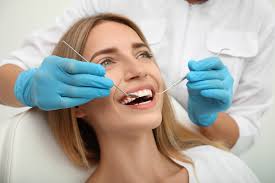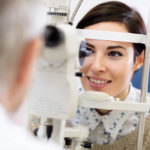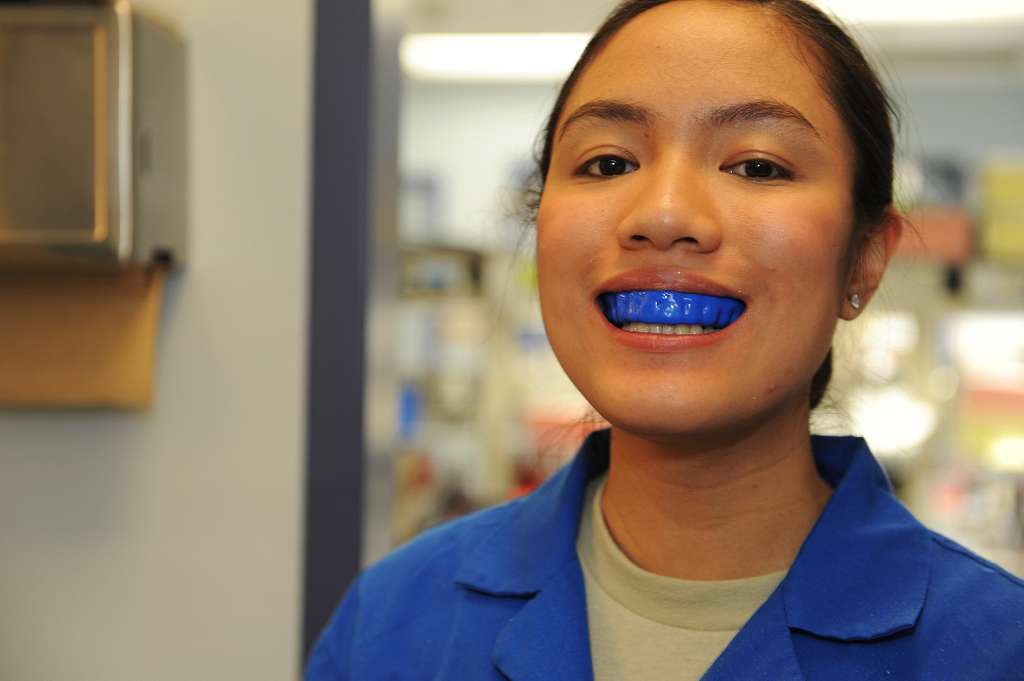Dental emergencies can be both uncomfortable and disruptive. From sudden toothaches to broken teeth, such issues often require immediate attention, leading many to seek assistance from an emergency dentist. Many dental emergencies are preventable through proper oral care practices. Let’s look at helpful oral health tips to minimize the risk of needing emergency dental services.
Brush and Floss Daily
Regular brushing and flossing are fundamental to preventing dental emergencies. Brushing twice daily with a fluoride toothpaste removes plaque buildup, reducing the risk of cavities and gum disease. It is equally helpful to clean between your teeth using floss or interdental brushes. This often prevents debris from accumulating in areas a toothbrush cannot reach. Proper cleaning methods are key for individuals with dentures or orthodontic appliances. Failing to maintain oral hygiene with these dental treatments can lead to infections or damage, potentially causing avoidable emergency dental complications.
Schedule Regular Dental Visits
Visiting a dentist regularly not only keeps your teeth clean but also allows for early detection of potential issues before they develop into emergencies. Professional cleanings remove plaque and tartar buildup that daily brushing cannot address. They are also an opportunity to identify signs of decay, gum disease, or any underlying oral health concerns.
Fluoride treatments may add an extra layer of protection, helping to strengthen enamel and lower the risk of cavities. If you experience any tooth pain or discomfort, always address it promptly. Prolonging treatment often exacerbates minor issues, turning them into severe problems requiring emergency dental services.
Eat Well and Stay Hydrated
A balanced diet plays a fundamental role in keeping teeth and gums healthy. To support strong enamel, incorporate foods rich in calcium, phosphorus, and vitamin D. Examples include dairy products, leafy greens, and nuts. Reducing your intake of sugary snacks and acidic drinks can also be beneficial, as these substances increase the likelihood of cavities and enamel erosion.
Staying hydrated is equally key. Water aids in maintaining saliva production, which helps wash away food particles and neutralize acids in the mouth. Proper hydration supports oral health and may reduce the risk of dry mouth. If left unmanaged, dry mouth may lead to cavities and gum disease.
Practice Healthy Lifestyle Habits
Certain lifestyle choices directly influence oral health and the likelihood of dental emergencies. Smoking and excessive alcohol consumption not only harm overall health but also often increase the risk of gum disease, oral cancer, and tooth loss. Quitting smoking and reducing alcohol intake can have an immediate positive impact on oral health.
Avoid using your teeth as tools, such as to open bottles or tear packaging. These actions strain teeth and increase the chances of breakage. Practicing caution and treating your teeth with care are simple yet effective ways to avoid unnecessary visits to an emergency dentist.
Book Your Emergency Dental Appointment Today
Preventing dental emergencies requires a proactive approach that includes consistent oral hygiene practices and mindful lifestyle habits. These measures minimize the risk of sudden dental issues and preserve long-term oral health. Despite your best efforts, unforeseen dental emergencies can still happen. If you experience sudden tooth pain, a cracked tooth, or any dental issue needing immediate attention, consult an emergency dentist immediately to book your dental appointment.






